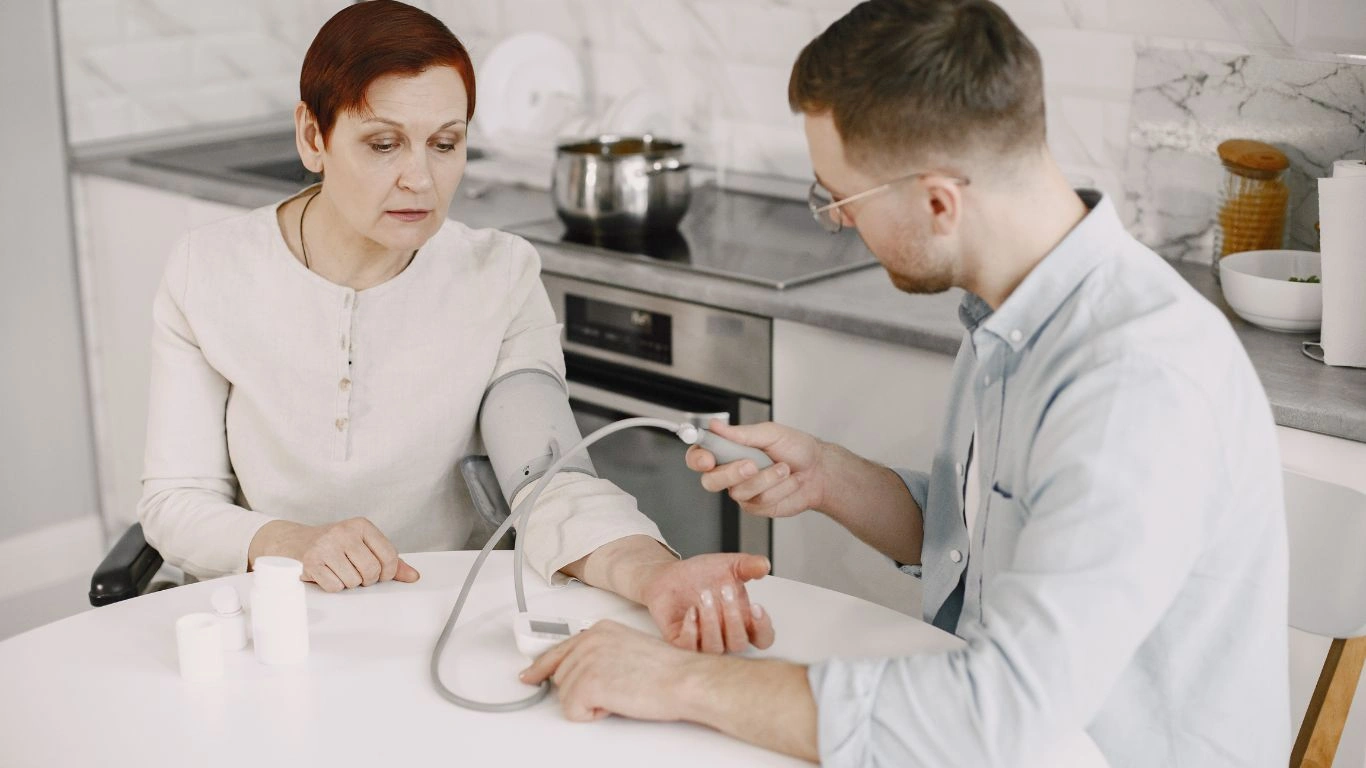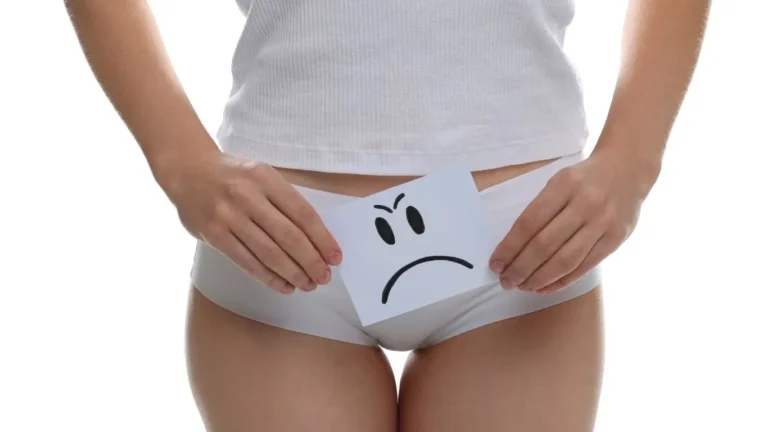Can Losing Weight Reverse High Blood Pressure? Discover the Truth
If you’ve ever wondered, can losing weight reverse high blood pressure? — you’re not alone. As a physician in internal medicine, I’ve had this conversation more times than I can count. Patients walk in with their blood pressure creeping higher, meds stacking up, and frustration mounting. But here’s the honest truth: for many people, the scale and the sphygmomanometer are more connected than they think. Losing weight doesn’t just help—it can, in many cases, actually reverse hypertension. Yep, reverse it. Not just manage or mask it. That’s what I want to unpack here—without the jargon, without the fluff.
Understanding the Link Between Weight and Blood Pressure

Let’s get one thing straight: high blood pressure isn’t just about salt. It’s not just genetics. And it’s definitely not something you just accept because “everyone in the family has it.” One of the biggest culprits behind chronic hypertension is excess weight. Especially that stubborn visceral fat that clings to your midsection. You know the type—your clothes feel tight, and your energy’s gone by mid-afternoon. That kind of fat is metabolically active, meaning it sends out inflammatory signals that jack up your blood pressure over time.
When you carry extra weight, especially in the abdomen, your heart has to work harder to pump blood through your body. This puts strain on your arteries, narrowing them, stiffening them, and ultimately raising your pressure. It’s like trying to water your garden with a hose that’s bent and clogged—it’s going to require more force to get the job done.
So, how does weight loss come into play?
Here’s where things get exciting. Even modest weight loss—think 5-10% of your current body weight—can result in measurable drops in blood pressure. For many of my patients, that’s somewhere between 10 to 20 pounds. We’re not talking about six-pack abs here. Just enough to take some of the pressure off your cardiovascular system. And it happens fast. In fact, blood pressure improvements can begin within weeks of making lifestyle changes, especially when diet and movement are dialed in.
Can Losing Weight Reverse High Blood Pressure? Yes—And Here’s Why
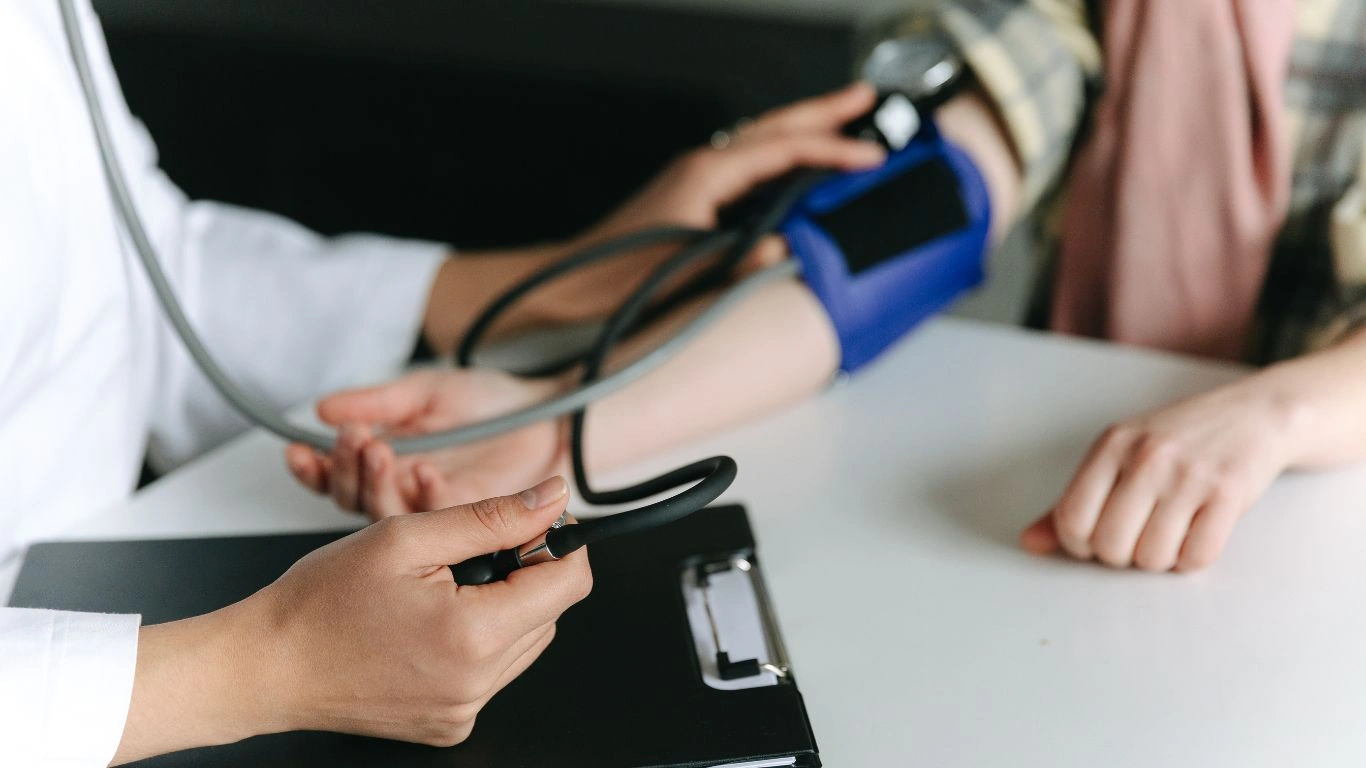
I’ve had patients on two, three, sometimes four antihypertensive medications who’ve managed to taper off all of them simply by losing weight and staying active. Of course, it’s not always a quick fix, and it’s not a one-size-fits-all approach. But it is possible. It takes a bit of education, a lot of consistency, and sometimes a mindset shift.
The Physiology Behind the Reversal
- Improved insulin sensitivity: Excess fat, especially around the abdomen, promotes insulin resistance, which can drive blood pressure up. Lose that fat, and insulin starts working better again.
- Reduced vascular resistance: As weight drops, so does the strain on blood vessels, allowing blood to flow more freely with less pressure.
- Hormonal balance: Fat tissue produces hormones like leptin and cortisol that affect blood pressure regulation. Shedding weight can help rebalance those signals.
- Lower sympathetic nervous system activity: Less fat often means reduced fight-or-flight activation, which plays a role in chronic hypertension.
Let me paint a picture: a patient of mine, mid-50s, came in with a blood pressure reading of 160/98 and was on two meds. After we put together a targeted weight loss plan that included realistic dietary shifts, walking 5 days a week, and strength training twice a week, he dropped 18 pounds in four months. His latest reading? 124/82. Medication dosage cut in half. No gimmicks. Just sustainable lifestyle changes.
Is It All About the Number on the Scale?

Not exactly. While the scale can be a useful tool, it’s just one piece of the puzzle. I’ve seen people “lose weight” by dehydrating themselves or crash dieting, and that doesn’t do a thing for long-term cardiovascular health. What we’re really looking for is fat loss, especially visceral fat. That’s what gives you the biggest bang for your buck when it comes to reversing high blood pressure.
Other Metrics That Matter
- Waist circumference: A better predictor of hypertension risk than BMI alone. Aim for under 40 inches in men, under 35 inches in women.
- Body composition: Focus on increasing lean muscle mass while decreasing fat mass.
- Blood pressure trends: Don’t just rely on one reading—track it over time to see the real story.
What I often tell patients is this: “Don’t chase skinny. Chase strong, chase consistent, chase healthy.” Weight loss doesn’t mean starving yourself—it means feeding your body better, moving it more, and giving it the tools to heal. When you do that, blood pressure often follows.
Final Thought—for Now
If you’re on this journey, know that change is possible. I’ve seen it firsthand, time and time again. Whether you’re at the start of your path or midway through, remember: your body is incredibly responsive when given the chance. Losing weight isn’t about vanity—it’s about vitality. And yes, it can absolutely reverse high blood pressure for many people.
Making Lifestyle Changes: The Key to Reversing High Blood Pressure
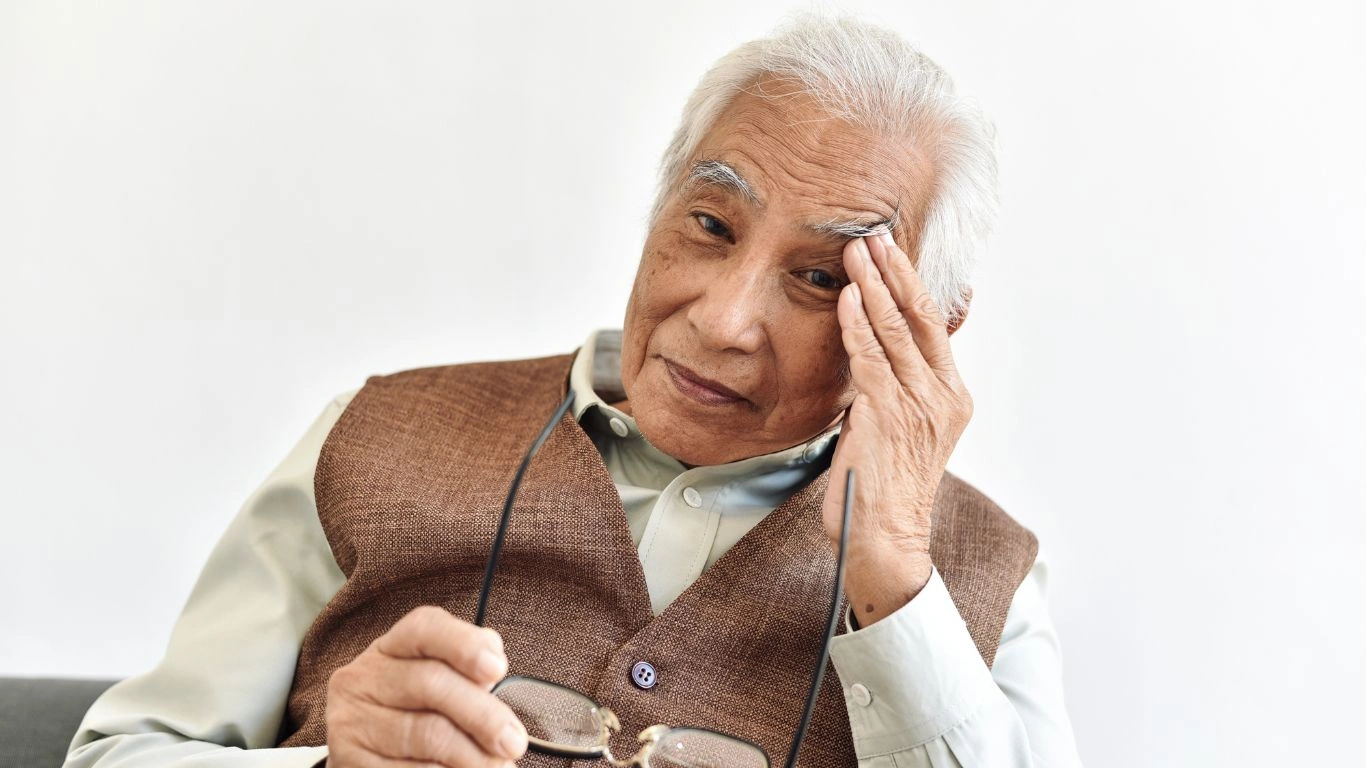
It’s not enough to simply lose weight and expect your blood pressure to drop—this is where the real work happens. The changes you make in your daily habits will directly impact how effective your weight loss is in managing hypertension. As an internal medicine physician, I can tell you that it’s not about a quick fix. It’s about creating a consistent, sustainable approach that sets you up for success in the long term. But don’t worry; I’m not here to suggest a drastic overhaul of your life. Small, manageable steps are often the most effective.
1. Diet: Fuel Your Body to Lower Blood Pressure
Diet plays a massive role in managing and reversing high blood pressure. And no, I’m not going to tell you to count every calorie or eliminate every food you love. What I will say is this: what you eat can either feed or fight your hypertension. For example, the DASH diet (Dietary Approaches to Stop Hypertension) is specifically designed to reduce blood pressure and can work wonders when paired with weight loss. This doesn’t mean you have to eat like a rabbit—far from it. Think of it more as a balanced approach: plenty of fruits, veggies, whole grains, lean protein, and healthy fats.
One of my patients, let’s call her Karen, was a lover of processed foods, especially those salty snacks. She was hesitant at first but gradually made the switch to a DASH-friendly diet. She swapped her afternoon chips for a handful of almonds and started cooking with less sodium. She didn’t cut out her favorite foods entirely but learned how to modify them. Over the course of a few months, Karen lost 12 pounds, and her blood pressure dropped by 15 points. It was a slow and steady journey, but it paid off big time.
2. Exercise: Move Your Way to Better Blood Pressure
Let’s talk about movement. This doesn’t mean you need to start running marathons, although if that’s your thing, more power to you. When I’m talking about exercise, I’m talking about finding what works for YOU. The goal isn’t to punish yourself; it’s to move regularly, get your heart rate up, and improve circulation. Whether it’s brisk walking, swimming, yoga, or lifting weights, the key is consistency. Aim for at least 30 minutes of moderate-intensity exercise most days of the week.
I have a patient, John, who struggled with weight for years. He used to think that hitting the gym meant exhausting, hours-long sessions. But after some education, we found a better fit for him—he started walking during lunch breaks, around the block or in the park. Slowly, he built up his stamina and added more strength exercises at home. Fast forward a few months, and he’s dropped 18 pounds and seen his systolic pressure dip by 20 points. The point is: you don’t need a fancy gym or intense routines. Just move.
The Role of Stress Management in Blood Pressure Control
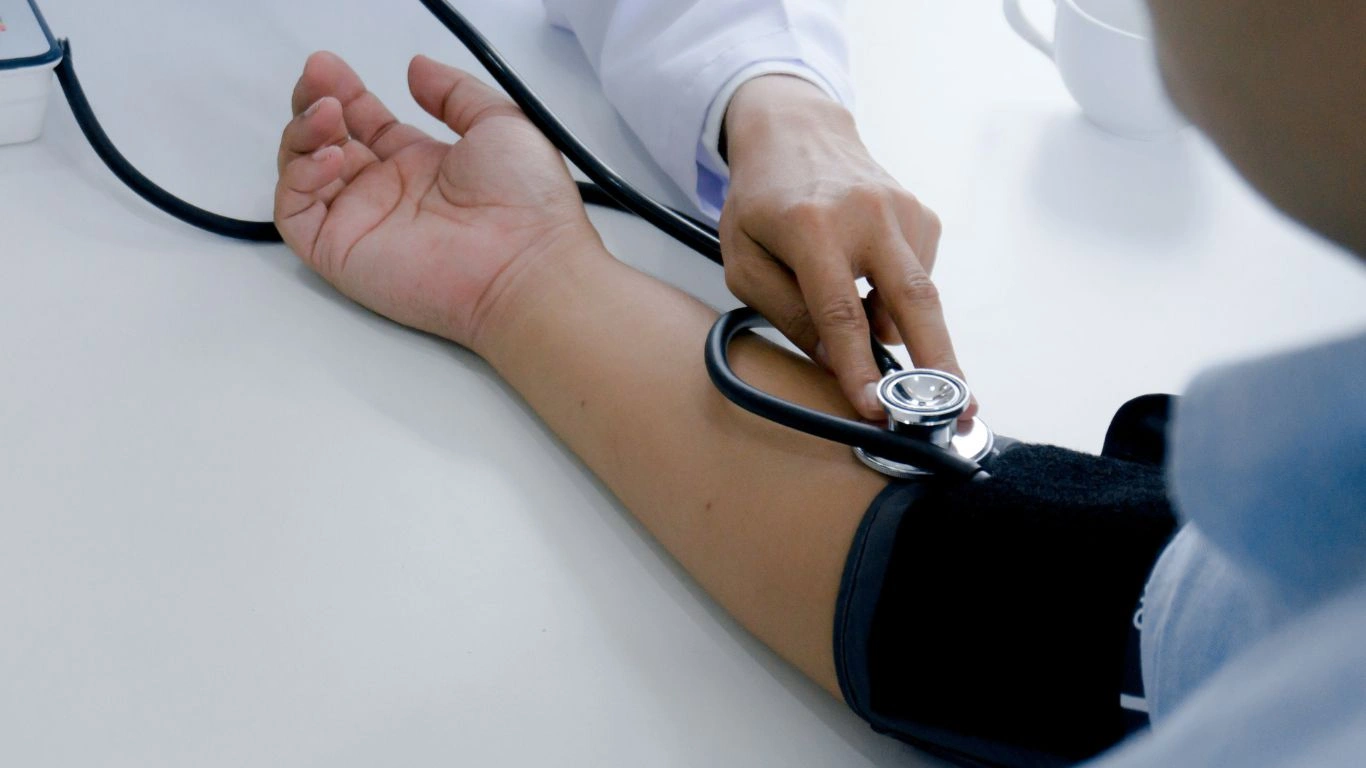
Managing stress is another piece of the puzzle, and it’s one that many people overlook. It’s easy to forget that chronic stress, especially the kind we experience in today’s fast-paced world, can wreak havoc on our blood pressure. When stress levels rise, your body releases hormones like cortisol, which can temporarily increase blood pressure. Over time, this constant fluctuation can contribute to long-term hypertension.
One of my patients, Sarah, had a high-stress job and was constantly on edge. We worked together to incorporate stress-reducing activities into her routine. She tried mindfulness meditation, deep breathing exercises, and even simple activities like journaling. In addition to weight loss, Sarah noticed her blood pressure dropped, but what really stood out was the reduction in how often her blood pressure spiked after a stressful day at work. Stress management techniques are simple but incredibly effective in the long run.
Stress Management Techniques That Work
- Mindfulness meditation: A great tool to lower stress and help manage blood pressure.
- Deep breathing exercises: Practice slow, deep breaths for 5-10 minutes a day to activate your body’s relaxation response.
- Quality sleep: Poor sleep can raise blood pressure, so aim for 7-8 hours of restful sleep each night.
- Time for hobbies: Whether it’s reading, gardening, or spending time with family, make time for activities that bring joy.
These practices don’t just help you feel better in the moment; over time, they reduce the strain on your body, lowering both your blood pressure and your overall risk of heart disease. Just like weight loss, reducing stress is a gradual process, but it’s one that absolutely makes a difference.
How Support Systems Can Help You Reach Your Goals
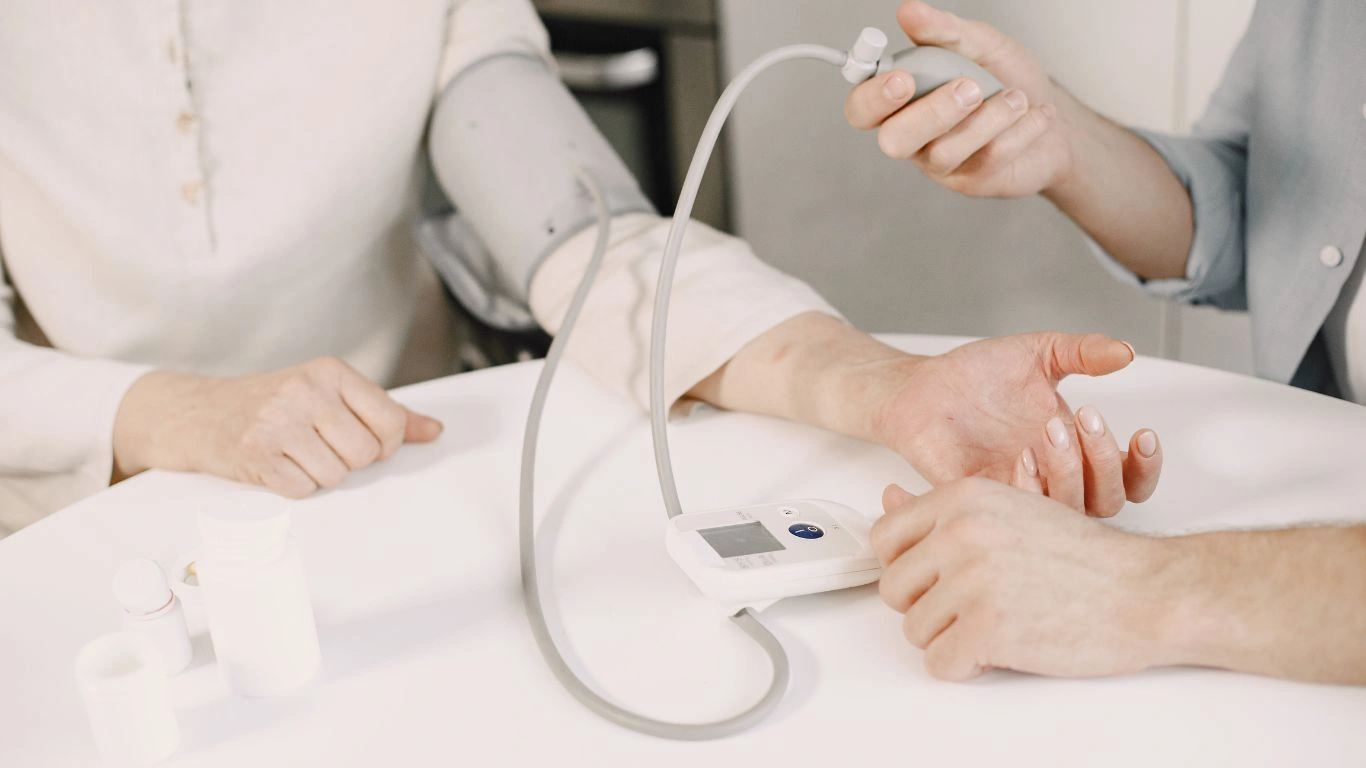
One of the most underappreciated aspects of managing blood pressure through lifestyle changes is having a solid support system. Whether it’s family, friends, or a healthcare provider, having someone to lean on can make the journey much smoother. Support systems can keep you motivated, help you stay on track, and provide encouragement when things get tough.
Let’s take Emily, a patient I’ve been working with for the past year. She initially found it hard to stay committed to her exercise routine. But once she started working out with a friend, she found herself looking forward to their sessions. It wasn’t just about losing weight—it was about enjoying the process together, sharing victories, and holding each other accountable. With the help of her support network, Emily has not only lost 20 pounds but has also seen her blood pressure drop by nearly 30 points in six months.
Why Support Makes a Difference
- Accountability: Having someone check in on your progress can push you to stay on track, even when motivation wanes.
- Emotional support: It’s easier to make big changes when you know someone’s got your back.
- Positive reinforcement: Small wins can become big victories when you celebrate them with a friend or family member.
If you’ve been trying to go it alone, consider asking a friend, joining a group, or seeking help from a professional. Having support in place can make all the difference, especially on the days when motivation is low.
Medications and Weight Loss: A Complementary Approach to Lowering Blood Pressure

For many individuals, losing weight can make a huge difference in managing blood pressure—but let’s be real: medication often plays a role in the process as well. As much as we’d all love for a quick fix, the reality is that not everyone can drop the pounds needed to reverse high blood pressure entirely without the help of medication. And that’s okay. As a physician, I’ve seen how the combination of medication and weight loss can be an incredibly effective approach.
There are several types of medications used to treat hypertension, including diuretics, ACE inhibitors, and calcium channel blockers. Each works differently, but they all share one goal: to lower blood pressure. If you’ve been prescribed medication, don’t get discouraged. Weight loss can still make a big impact and, over time, may even allow you to reduce your reliance on these medications. That’s been the case for many of my patients who, after losing weight and making lifestyle changes, find themselves needing less medication or even coming off of it entirely.
Weight Loss and Medication Synergy
Let’s break it down with a real example: Take Mark, a 48-year-old patient I’ve been working with. When he first came to me, his blood pressure was in the high 140s/90s, and he was on a combination of two different blood pressure medications. We put him on a balanced diet plan and recommended regular exercise. Within the first few months, Mark had lost about 15 pounds, and his blood pressure was noticeably lower. At his next check-up, his numbers were hovering around 130/85, and we were able to reduce his medication dosage.
Now, here’s where it gets interesting. The medication alone wasn’t enough to bring his blood pressure down significantly, but combined with weight loss, it worked wonders. The weight loss helped his heart pump more efficiently, and the medications aided in the fine-tuning of his blood pressure control. For many patients, this type of approach is what ultimately leads to better long-term outcomes. It’s not just about one factor—it’s the combination of lifestyle changes and medications that gets the job done.
What Happens After You Lose the Weight?

So, you’ve lost the weight, you’ve made all these changes, and your blood pressure is dropping—but what now? This is the stage where it’s easy to fall into complacency, but don’t let that happen. The journey doesn’t stop just because your numbers are looking better. The truth is, maintaining weight loss and continuing healthy habits is essential to keeping your blood pressure in check.
One of the things I tell patients is that “health is a marathon, not a sprint.” It’s easy to get excited when you see your blood pressure improving, but consistency is key. After weight loss, your body needs time to adjust. This means you need to keep up with your exercise routine, maintain your balanced diet, manage stress, and check in with your doctor regularly. Weight loss is just the beginning of a long-term, sustainable path to better cardiovascular health.
Maintaining Long-Term Success
- Stay active: Keep your exercise routine going. Whether it’s walking, swimming, or strength training, find something you enjoy and stick with it.
- Monitor your progress: Keep track of your blood pressure and weight over time. Regular check-ins can help keep you motivated and allow you to make adjustments when needed.
- Mindful eating: Don’t fall back into old habits. Maintain a diet that’s rich in fruits, vegetables, lean protein, and whole grains.
- Regular doctor visits: Make sure to continue working with your healthcare provider to monitor your blood pressure and discuss your medication needs as you progress.
It’s also important to remember that weight loss doesn’t guarantee a lifetime of perfect blood pressure. While many patients experience significant improvements, it’s still crucial to live a healthy lifestyle long-term. Stay focused on your health, and don’t let yourself slide back into old habits just because you’re feeling better. As they say, “health is wealth,” and it’s worth investing in consistently.
What the Science Says: Studies on Weight Loss and Blood Pressure
Let’s take a moment to look at what research has to say about the link between weight loss and blood pressure. Numerous studies have shown that losing even a small amount of weight can significantly reduce hypertension. For instance, a study published by the National Institutes of Health (NIH) found that a 5-10% reduction in body weight can lead to a 5-20 mmHg reduction in systolic blood pressure. That’s a huge difference, and for many patients, that’s all they need to get their blood pressure into a healthier range.
Another study, published in the Journal of Hypertension, found that patients who combined weight loss with physical activity experienced a 30-50% greater reduction in blood pressure than those who only focused on weight loss. This reinforces the idea that weight loss and exercise go hand-in-hand when it comes to managing hypertension.
Conclusion: The Road to a Healthier Heart and Life
When it comes to reversing high blood pressure, the answer is clear: losing weight can make a significant difference. But it’s not just about losing the pounds—it’s about creating a sustainable, healthy lifestyle that supports both your body and your heart. Whether it’s through diet, exercise, stress management, or medication, all the pieces of the puzzle come together to improve your blood pressure over time. So, if you’re considering weight loss as a way to control your hypertension, know that it’s possible. And most importantly, know that you’re not alone on this journey.
If you’re ready to take the next step, talk to your healthcare provider about creating a plan that works for you. Remember, progress is a journey, not a destination. Stay consistent, stay patient, and you’ll see the results.
Disclaimer: This article is for informational purposes only and should not be considered medical advice. Always consult with your healthcare provider before making any changes to your diet, exercise, or medication regimen.

Dr. Gwenna Aazee is a board-certified Internal Medicine Physician with a special focus on hypertension management, chronic disease prevention, and patient education. With years of experience in both clinical practice and medical writing, she’s passionate about turning evidence-based medicine into accessible, actionable advice. Through her work at Healthusias.com, Dr. Aazee empowers readers to take charge of their health with confidence and clarity. Off the clock, she enjoys deep dives into nutrition research, long walks with her rescue pup, and simplifying medical jargon one article at a time.

